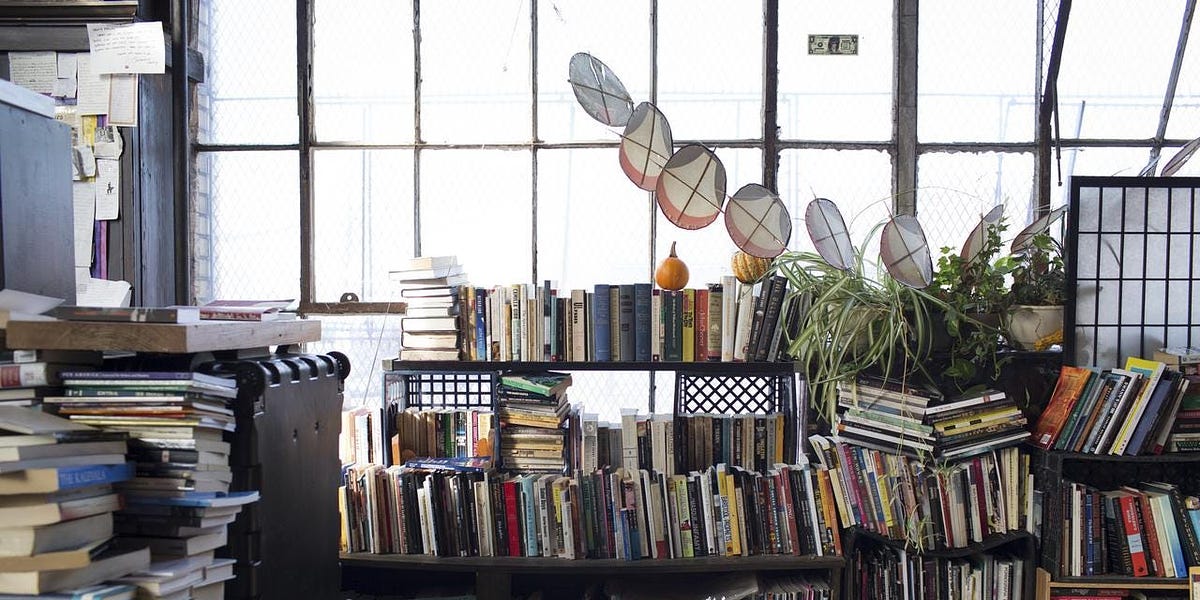
Since April, I’ve been working part-time as a fact-checker for a hard news organization. I spend hours each week confirming details big and small, about everything from polling numbers to obscure medical research. In journalism, the line between fact and fiction should never be crossed. An event either happened or it didn’t, and if we don’t know the full story yet or a detail is disputed, we state that explicitly.
In works of creative nonfiction, though, the line isn’t always so clear. Surely, we’re not the first to consider this. Some writers have made the case for a strict line, while others embrace a more fluid approach. When writing a personal essay or memoir, writers mine their own memories to tell a story that’s true. But memory is a fickle thing, often warped by perception and time. How can a writer be sure what they remember is true? Should their memories be fact-checked? Perhaps the way a writer remembers an event is more truthful to their experience than what actually happened. And what about including composite characters, truncating timelines, recreating dialogue? What fictions do we allow for in creative nonfiction, and which ones go too far?
Every writer, it seems, has their own way of navigating these questions. We asked four authors of successful (and excellent) nonfiction books where they draw the line between fact and fiction when telling stories about their lives.
Author of The Natural Mother of the Child: A Memoir of Nonbinary Parenthood
At its essence, memoir is a project of emotional truth. I am trying to get my reader as close as I possibly can to understanding, if not feeling in a visceral way, the effects that events in my life and in lives outside of mine have had on the way I think about and experience this whole living on Earth thing.
To get at that quick-shifting emotional target, I need to start with the truth. The facts of my life — who the characters were, how old I was when things happened, what I saw and heard — I don’t mess around with those, but I also don’t get so bogged down in fact-finding unimportant details that I never finish a paragraph. I might call a family member to double-check how old I was when a relative died, but I wouldn’t call to see if anyone else remembered the ice cream cake we ate at a family party. I’m not going to show my optometrist or sixth-grade teacher the sentences I write about them. Similarly, I hope there are aesthetic markers — a dreamy tone, hazy, wandering sentences — that signal to readers that the imperfect work of one person’s memory is what has recreated this scene in the best way possible.
Some of the books that have done the most for me in terms of developing my own ethics and aesthetics confront head-on the way fiction might bulk out, might enhance, the way we communicate our lives. Multiply/Divide: On the American Real and Surreal by Wendy S. Walters and How to Sit: A Memoir in Stories and Essays by Tyrese Coleman are two examples of books of nonfiction that need realistic fiction threaded throughout in order to be the truest they can be. These books contain both essays and short stories whose narrators seem to talk at and around each other, which makes the fiction feel impossibly “real” and the nonfiction feel, in some way, only real in a wobbly sense, making the reader question what it means to tell the truth. These works represent a step beyond the way what’s real and true sometimes breaks down in my writing, but these books remind me that moves I do make — imagining what something was like if I wasn’t there, writing creative nonfiction in a point of view other than my own, or dreaming in great detail of a future unlikely to pan out — are ways in which the essayist’s imagination can be at odds with hard facts.
The trickiest part of truth-telling, for me, isn’t about fact-checking or citing things diligently or reconstructing memory faithfully. It’s about creating myself. Sometimes it feels like by the time I finish an essay or a section of a book, I’ve excised the me who would have found what I said true. In painting myself, I’ve painted over that self.






